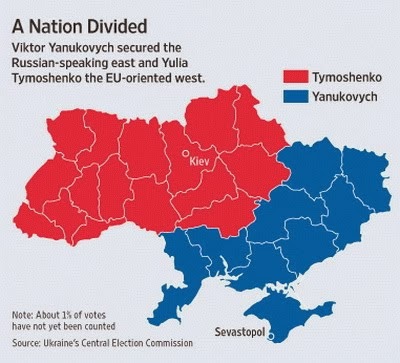Graph of the week: Who did better than their parents?
From the NPR blog (HT: ASI ) comes a very interesting graph as an answer to an unusual question: who had richer parents, doctors or artists? Or to be more precise they were trying to figure out the link between household income during childhood and job choice during adulthood. They used the data from a BLS survey tracking 12,000 people from 1979 when they were in between 14 and 22 years of age, to see how they did in life. Looking at the graph below, the data shows all the professions that did better or much better than their parents. Some of these are expected: computer programmers, engineers, lawyers, managers, CEOs, auditors and accountants, financial analysts, media and communication workers, etc. However many are very surprising: police officers and firefighters, nurses (both very high up), truck drivers, heavy equipment operators, mechanics and repairmen, teachers and finally factory assembly workers, farmers, and construction workers! However take this with a pinch o



